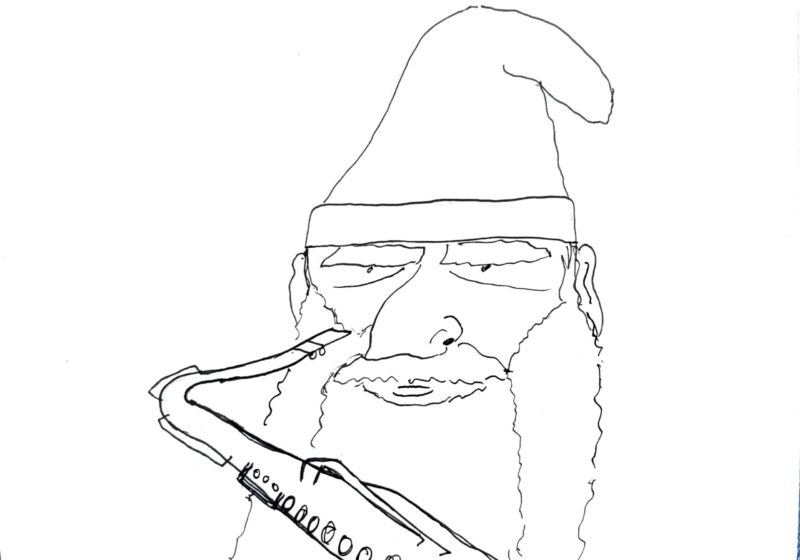Congresswoman Louise Slaughter addressed the issue of women in politics in a talk at UR Nov. 19. Speaking as a guest of the “Women in Politics” class, Slaughter emphasized the importance of women who actively participate in politics.
With 62 women in the House and 13 in the Senate, women are still a minority in Washington. Slaughter said that it can be difficult for women to be elected. “The single most important thing you need to be a legislator is persistence,” she said. “You’ve never lost until you quit.”
Slaughter said she believes there is a minority of women for a number of reasons. “Many people don’t want to be living a public life,” she said. She said that being a politician can be especially difficult for a woman who has young children, but she said she believes they are more than competent once they are elected.
“Women have a reputation for being honest and hard-working,” she said.
Slaughter’s first campaign was for a seat in the county legislature in 1971, a time when women were not elected and only served if their husband died in office. “The political gains of women in the U.S. are the most fragile,” she said. “Women have to continue to fight over and over and over again.”
When running for county legislator, Slaughter remembers going door-to-door to get out the vote. She said people were concerned about the fact that she had children at home. “It was hard for people to believe that my children could be well cared for by their father,” she said.
Students were impressed with Slaughter’s perspective. “I thought she was very inspiring, very honest and open,” said senior Kristi Cuthbert. “It is powerful to see a woman in politics who is willing to share.”
Senior Lindsey Bickers agreed. “I think women’s involvement in politics effects other things,” she said. “I am interested in public health and I think that understanding politics is helpful.”
Slaughter did not hesitate to address the current political atmosphere surrounding the war in Afghanistan. “The major difference here is that we did not declare war,” she said.
Slaughter said that Congress gave President Bush the authority to use force, but that this war is targeted to specific people, not countries, and is limited to the events of Sept. 11.
Right now, Slaughter said, she is actively involved in preserving civil liberties that may be in danger because of the war.
Slaughter also emphasized women’s roles in other countries. She said gains for women in America have been helped by the political involvement of women in other countries.
Take Five Scholar Sharon Stillwagon thought these remarks were interesting. “I plan to study abroad and it is good for me to hear the American perspective on these issues,” she said.
Taylor can be reached at ktaylor@campustimes.org.




